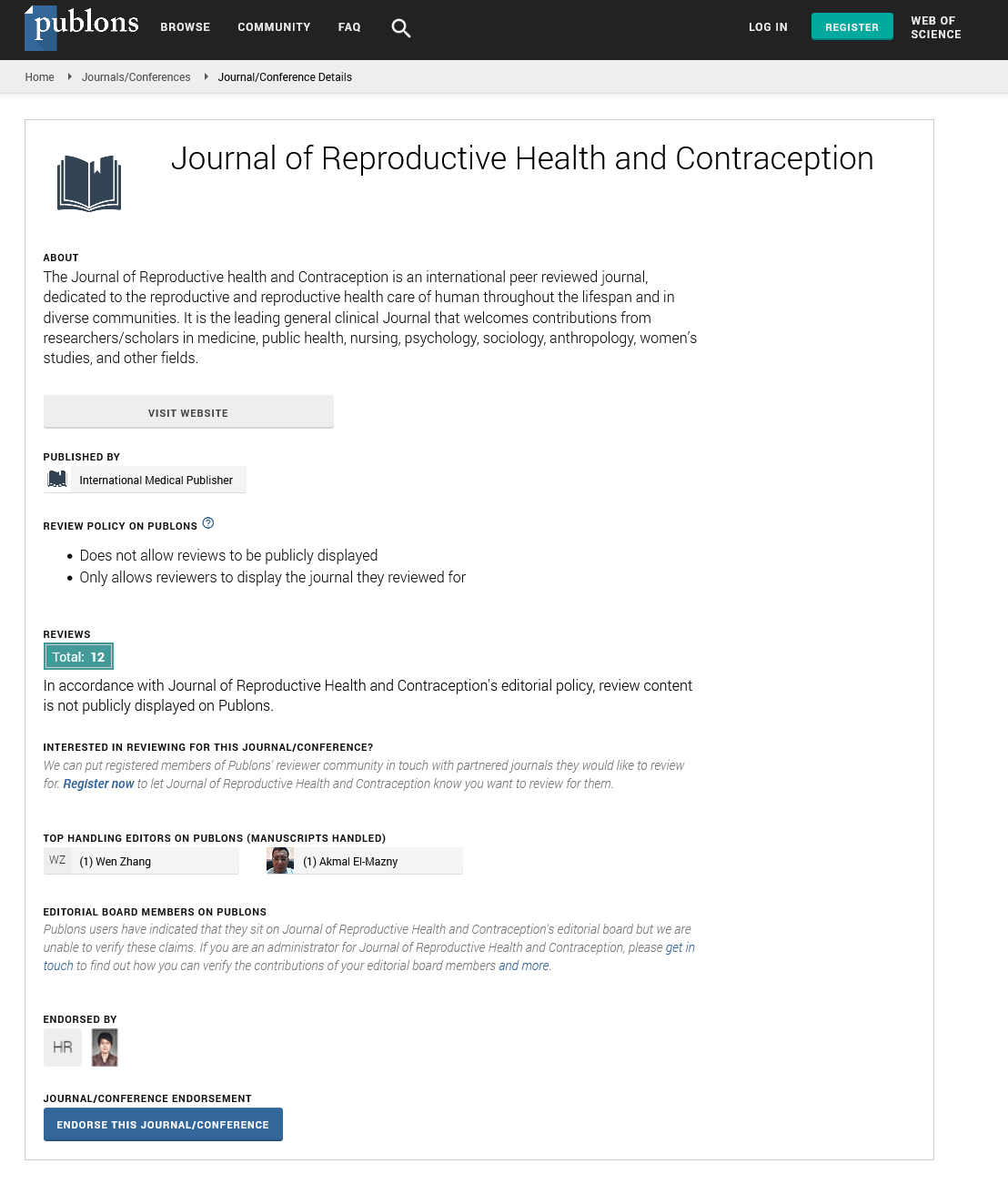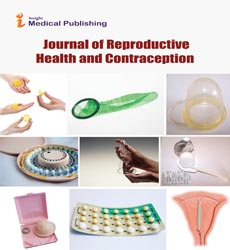Abstract
Effect of Intimate Partner Violence on Pregnancy Outcomes
Background: Intimate Partner Violence (IPV) is one of the serious but preventable public health problems. The study aimed to examine the effect of intimate partner violence on pregnancy outcomes in Nepal. Methods: The study used secondary data from Nepal Demographic and Health Survey (NDHS) 2016, which is a nationally representative survey. The analysis of this study was curbed to currently married women aged 15-49 years who had participated in the intimate partner violence module (n=3562). Logistic regression analysis was used to assess the risk factors for pregnancy loss and abortion and examine extent to which these pregnancy outcomes are affected by intimate partner violence. Results: More than one fourth (26%) of women experienced at least one form of violence from their husband in their lifetime. Among the women, who had been the victims of at least one form of violence from their husband, nearly a third of them (31%) experienced pregnancy loss, 6% experienced abortion, 1% of them experienced still birth and 2% experienced infant death. Multivariate analysis (Binary logistic regression) showed that women facing at least one form of violence from their husband were 1.5 times more likely to experiencepregnancy loss and 1.7 times more likely to experience abortion than women who never experienced violence. Conclusion: Intimate partner violence is entrenched in Nepalese society and social norms and gender roles seem to reinforce it. IPV can be considered as a major dictator of adverse pregnancy outcomes. So, addressing IPV at family, community, policy and implementation level is an effective remedy to diminish unpleasant pregnancy outcomes like pregnancy loss and abortion.
Author(s):
Ramesh Adhikari and Aakriti Wagle
Abstract | Full-Text | PDF
Share this

Google scholar citation report
Citations : 201
Journal of Reproductive Health and Contraception received 201 citations as per google scholar report
Journal of Reproductive Health and Contraception peer review process verified at publons
Abstracted/Indexed in
- Google Scholar
- China National Knowledge Infrastructure (CNKI)
- WorldCat
- Publons
Open Access Journals
- Aquaculture & Veterinary Science
- Chemistry & Chemical Sciences
- Clinical Sciences
- Engineering
- General Science
- Genetics & Molecular Biology
- Health Care & Nursing
- Immunology & Microbiology
- Materials Science
- Mathematics & Physics
- Medical Sciences
- Neurology & Psychiatry
- Oncology & Cancer Science
- Pharmaceutical Sciences


